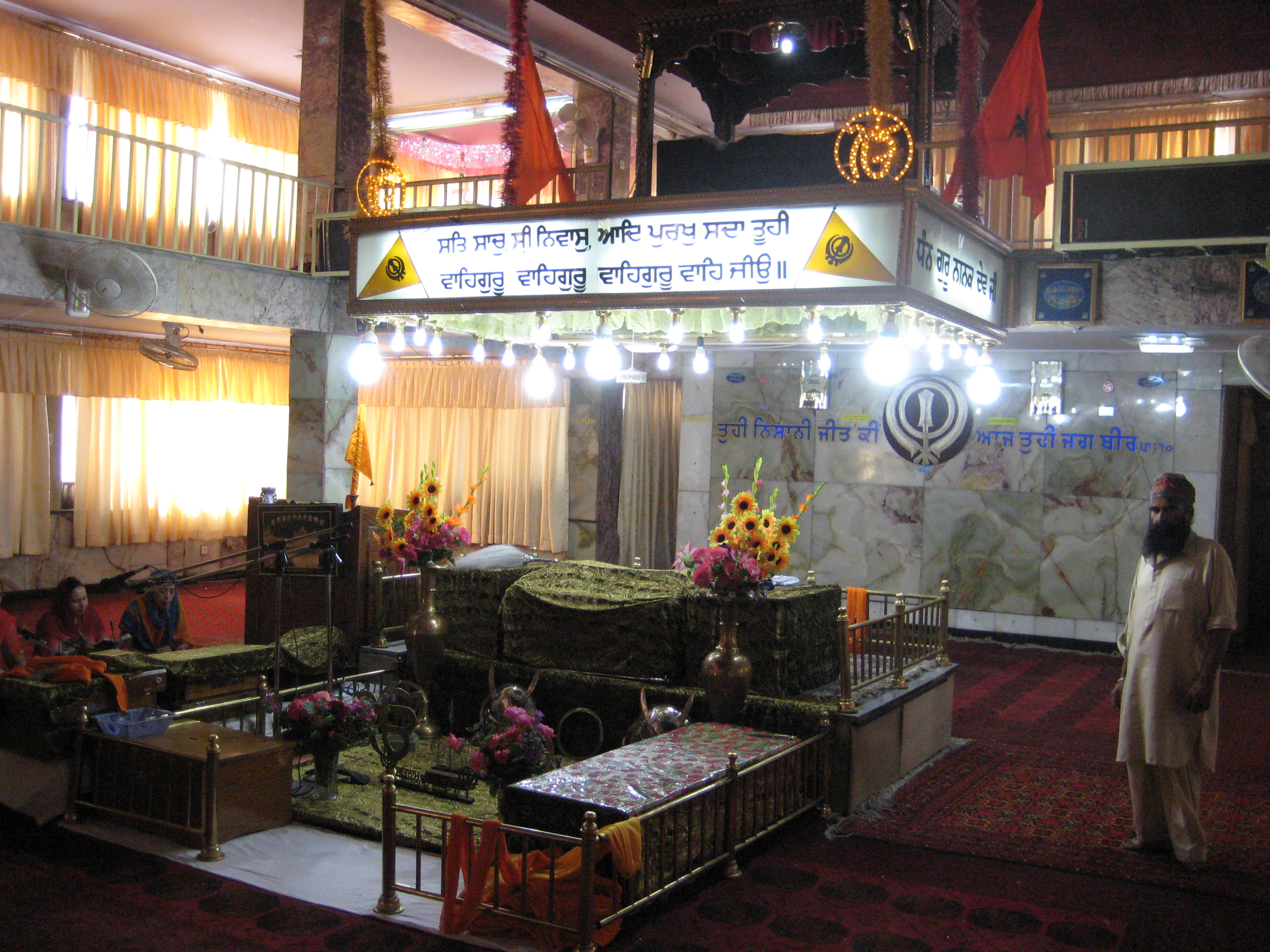 File photograph: A Gurdwara in Kabul (Wikipedia)
File photograph: A Gurdwara in Kabul (Wikipedia)
The Indian government has announced an offer of possible long-term residency for the persecuted Hindu and Sikh community in Afghanistan, following a series of attacks and abductions aimed at the communities in recent years.
“India has decided to facilitate the return of Afghan Hindu and Sikh community members facing security threats in Afghanistan to India,” said an Indian Ministry of External Affairs statement on Saturday. Over 700 Afghan Hindus & Sikhs are reported to be amongst the first to have long-term visas issued by Delhi.
Continuous attacks have contributed to the precipitous decline in the Sikh population in Afghanistan from the hundreds of thousands to less than ten thousand at present. Many have left for India, North America and other countries fleeing persecution and violence.
The protracted American war in Afghanistan waged since 2001 has failed to defeat the Taliban, the Islamist militant group that ruled the country from 1996 to 2001. This war of attrition between American troops and the Taliban has given fertile ground to the proliferation of fundamentalist Islamist groups who have targeted religious minorities in the country.
Despite India’s offer, many Afghan Sikhs are torn by the prospect of leaving their ancestral homelands and starting lives from scratch in a different country would mean poverty and destitution. Those who have already moved to India are currently facing severe economic strain. The pandemic has exacerbated their plight putting most of them out of jobs.
“At best, India maybe like a lifeboat — an emergency option for the families who take it, but one that lacks the security of a long-term solution,” the New York Times wrote.
“I may get killed here because of these threats to Hindus and Sikhs, but in India, I will die from poverty,” said 63-year-old Lala Sher Singh from Kabul.
The move by India to expedite visa processing comes months after the controversial Citizenship Amendment Act (CAA) was passed late last year. The law offered a pathway to citizenship to five minority religious communities from neighbouring Afghanistan, Pakistan and Bangladesh including Hindus, Sikhs, Jains, Buddhists and Christians. The glaring absence of Muslims in the list set off a maelstrom of protests across the country.
It must also be noted that whilst the Hindu-nationalist government in India has portrayed itself as the saviour of all Hindus, the CAA left out the Tamil refugees from Eelam who have been seeking asylum in India for over two decades.
